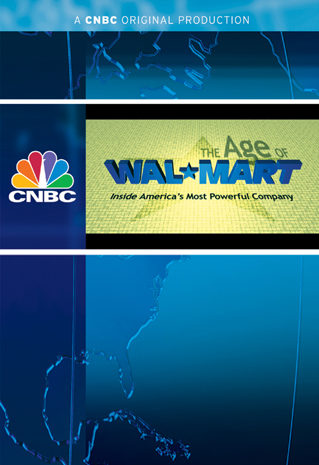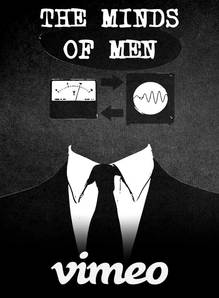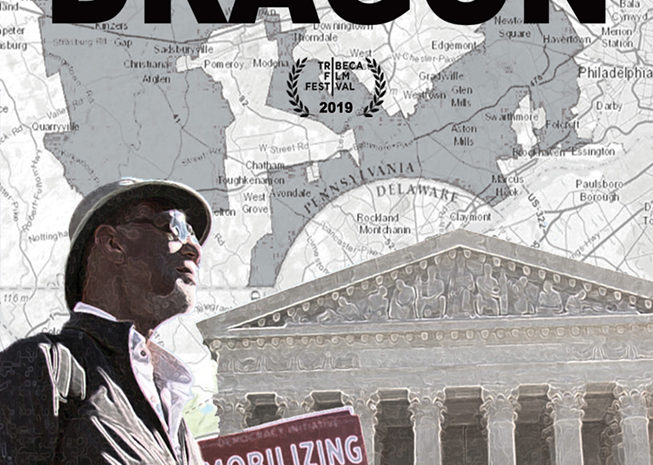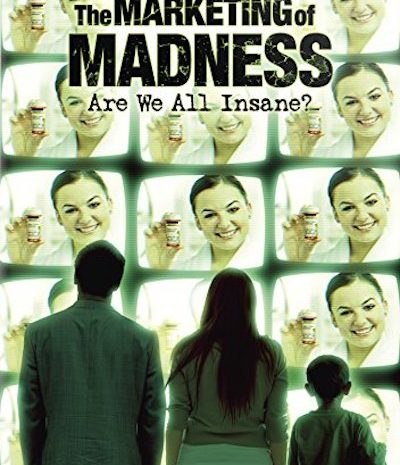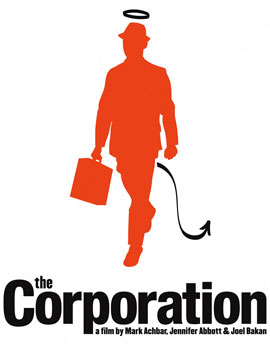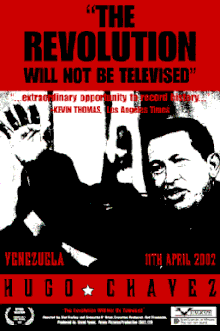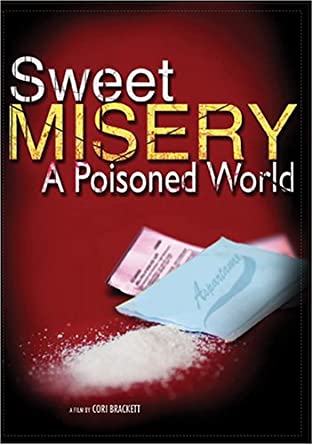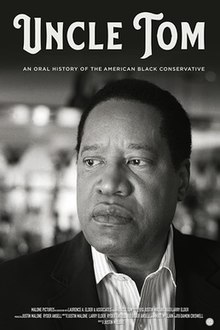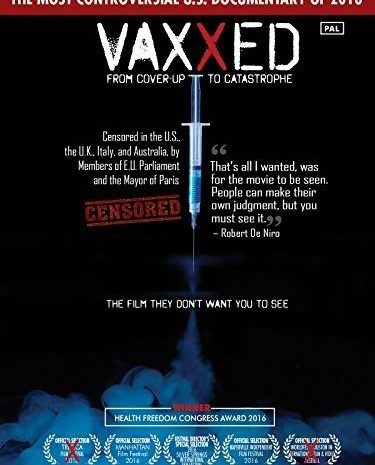The Age Of Walmart (2004)
In this Peabody Award-winning program, CNBC’s David Faber scrutinizes Wal-Mart as he seeks to understand how the company has ascended to the heights of power it has come to occupy-and whether this juggernaut can continue to succeed in the face of increased opposition. Given unprecedented access, Faber takes viewers from an annual managers’ meeting that resembles an evangelical revival to the opening of a new store in China, where Wal-Mart is one of the country’s leading importers. Faber also sits down for a one-on-one with CEO Lee Scott, who addresses criticisms over outsourcing, community friction, lawsuits, and other issues.

